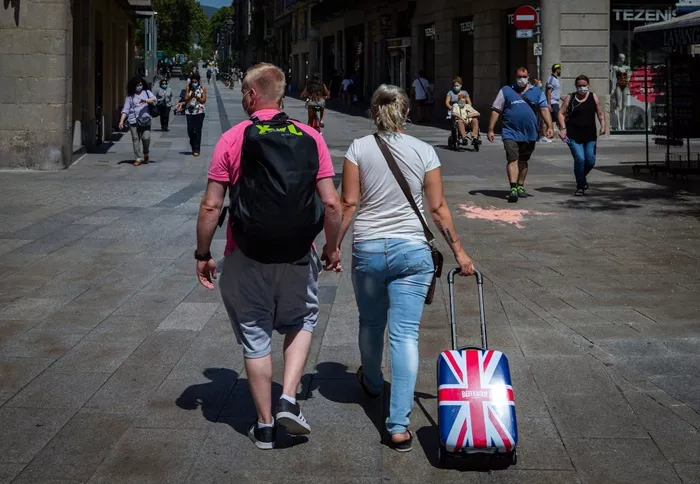A proposed tourist tax in Spain’s Canary Islands has sparked backlash among UK holidaymakers, with some travellers cancelling upcoming trips and vowing not to return to destinations they say they once loved.
Fernando Clavijo, President of the Canary Islands and Secretary General of the Canary Islands Coalition, has confirmed that a new tax on tourists is under discussion and will be debated by local authorities next week. If implemented, the tax would affect popular islands including Tenerife, Gran Canaria, Lanzarote, La Palma, and El Hierro.
The initiative has drawn criticism from British tourists, who argue that holiday costs are already high and such measures could drive visitors away. One traveller said, “I used to love Spain, but I haven’t returned since they brought in a tourist tax. Holidays have become ridiculously expensive—£1,000 for bed and breakfast for a week, £2,000 for all-inclusive. It’s just silly.”
Some critics have attributed the move to political motivations. “You always find these tourist taxes are brought in by left-wing administrations. The left’s answer to everything is a tax,” one commenter wrote online.
Spain has seen similar criticism in the past as various regional governments introduced tourist levies aimed at curbing over-tourism and funding local infrastructure. While these taxes typically add only a few euros per night to accommodation costs, opponents argue they disproportionately impact budget-conscious travellers.
The tourism sector is a cornerstone of the Spanish economy, accounting for approximately 16% of the nation’s GDP. Industry observers warn that further financial burdens on tourists could lead to reduced visitor numbers and potential job losses in areas highly dependent on foreign tourism.
“British and German tourists helped build the Canary Islands into the destination it is today,” one social media user noted. “Watch employment collapse in the southern regions of Europe where tourism provides most jobs.”
Others defended the islands’ right to manage tourism levels and housing concerns. “These are not local tourists. They are foreign investors buying up property and turning it into Airbnbs,” one user commented. “It’s driving locals out of their communities.”
Meanwhile, regional governments across Spain have increasingly considered or adopted similar measures, with some municipalities also exploring daily visitor caps to manage overtourism. In April, the council of Tenerife approved plans to limit daily tourist entries to protect the island’s ecological and cultural heritage.
The proposed tax follows broader concerns among EU destinations regarding the impact of mass tourism, particularly as travel demand rebounds in the post-pandemic era. Rising accommodation prices, overcrowded public areas, and strain on infrastructure have prompted calls for more sustainable tourism policies.
As the debate over the Canary Islands tax continues, it remains to be seen whether the measure will be formally adopted—and how it will affect the travel decisions of millions of European holidaymakers in the months ahead.

